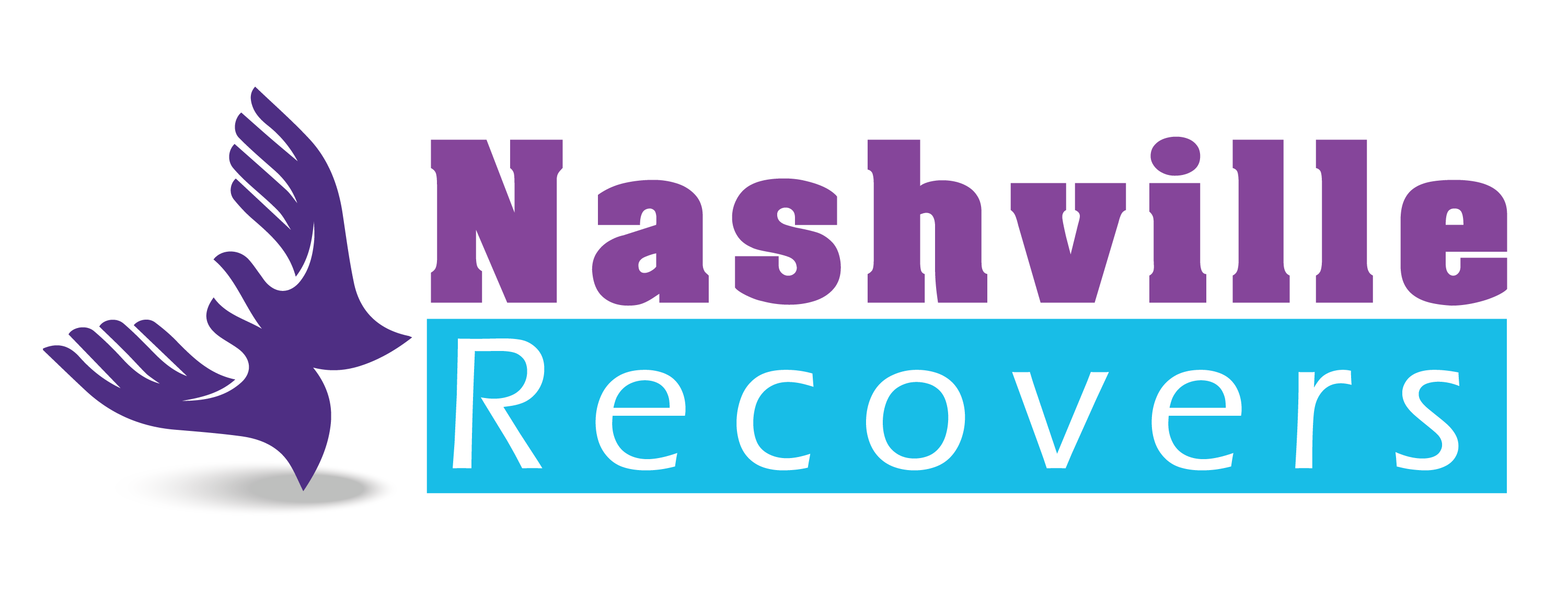I remember early in recovery that my normie twin brother Todd was kind enough to agree to come with me to my home group in a 12-step fellowship.
Not only did Todd agree to come with, but he was really excited to meet some of my new recovery friends.
“Can I bring a camera and take pictures?” he asked.
“Well,” I said, “that kinda blows the second A, now doesn’t it?”
Anonymity is really important to recovery because some folks are terrified – rightly so – about being found out as an alcoholic or an addict.
They don’t want employers or future employers to know they have the disease of addiction. There could be (and is) a lot of misunderstanding about it, and there’s certainly a fair amount of stigma around addiction, right?
And too, it can be emotional wrenching and time consuming to explain and answer questions about how we got into recovery.
Then there’s the traditions of the actual anonymous fellowships, one of which says, “Our public relations policy is based on attraction rather than promotion. We need always maintain personal anonymity at the level of press, radio and films.”
I’ve got respect and gratitude for the fellowships that got and keep me clean.
And here’s the dilemma.
We want to stay anonymous because of misunderstanding and stigma, but one strong way to battle that misunderstanding and stigma is to talk about our recovery.
Hence the fine and wobbly line I’m trying to walk with Nashville Recovers.
 We’re launching a video series – “We Do Recover” – where addicts and alcoholics tell their recovery stories (in seven to 12 minutes). No, we don’t mention any specific 12-step recovery groups, at least not the ones that want to remain anonymous.
We’re launching a video series – “We Do Recover” – where addicts and alcoholics tell their recovery stories (in seven to 12 minutes). No, we don’t mention any specific 12-step recovery groups, at least not the ones that want to remain anonymous.
But yes, sober house manager Miles Hunt, therapist Tammy Roth, college student Nick Salazar and ex-drug dealer Philip Covington talk about how they went from active addiction to recovery.
 “Growing up, I had an image of what addiction looked like,” said Nick, an East Nashville guy who grew up in affluent suburban New Jersey.
“Growing up, I had an image of what addiction looked like,” said Nick, an East Nashville guy who grew up in affluent suburban New Jersey.
“And this series helps show that it is a disease that can affect anyone of any background, but it is not hopeless,” he said. “This series helps to show that it is possible to live life free from active addiction, that there is a way out, that we do recover.”
Philip, the ex-dealer with more than three years clean, says he agreed to tell his story on camera “because it may save someone’s life one day.
“A great friend talked to me about it and it was a no brainer for me,” Philip said.
 See, when we tell our stories, and people in active addiction hear them, well, they just might relate. And then, they just might see that there’s hope that they, too, can find a way out, a path that leads them out of the destruction of constantly using drugs or drinking alcohol.
See, when we tell our stories, and people in active addiction hear them, well, they just might relate. And then, they just might see that there’s hope that they, too, can find a way out, a path that leads them out of the destruction of constantly using drugs or drinking alcohol.
“No one may never know how many will benefit from this series due to the number of seeds sown,” said sober living house manager Miles.
“Trading my anonymity to help a suffering addict is worth it to me. I’m grateful to be a recovering addict and willing to help regardless if the world knows.”
So what’s the downside of someone in recovery telling his or her story? Well, what if Miles or Tammy or Philip or Nick relapses? What if, God forbid, one of them overdoses and dies? How will that reflect on the 12-step fellowships?
Might we then inadvertently be spreading the message that 12-step recovery doesn’t work?
I get that argument, but the thing is, if someone relapses, it ain’t the program that’s broken.
“Rarely have we seen a person fail who has thoroughly followed our path,” one fellowship’s literature says.
 With some recovery, I’m a glass half full guy. To me, it’s awesome, a miracle, that an alcoholic had three years sober and relapsed, far better than if he had never gotten sober in the first place.
With some recovery, I’m a glass half full guy. To me, it’s awesome, a miracle, that an alcoholic had three years sober and relapsed, far better than if he had never gotten sober in the first place.
“Alcoholism is an incredibly complex and confusing issue. It is a disease, it is a coping mechanism, it is a family dynamic, it is many, many things,” therapist Tammy says.
“And recovery is also complex. And while it’s filled with a lot of work and diligence, the rewards are amazing. I want people to better understand both sides of the coin,” she said.
For today, Tammy and Nick and Philip and Miles have happy hope-filled lives. Recovery helped get them there.
And that’s a story worth telling.

Recent Comments